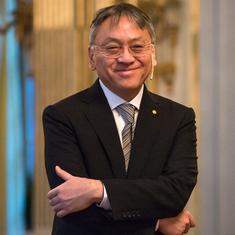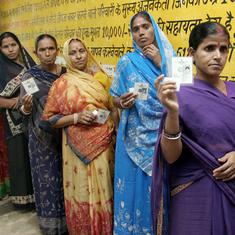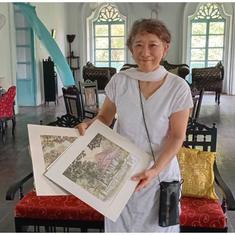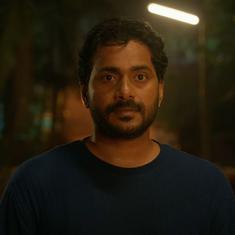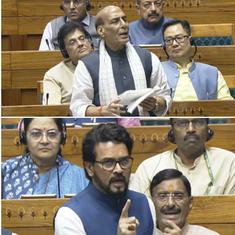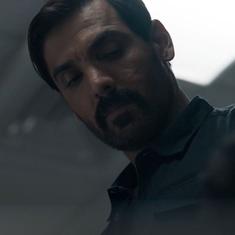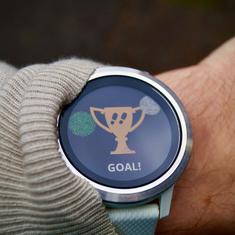The Bar Council of India Rules open with the direction that an advocate shall at all times conduct himself in a manner befitting his status as an officer of the Court. If you visit the “professional standards” section on the Bar Council of India website, you will come across a grandiose proclamation.
“Advocates have the dual responsibility of upholding the interests of the client fearlessly while conducting themselves as officers of the court,” says the proclamation. “Accordingly, they are expected to adhere to the highest standards of probity and honour. An advocate’s conduct should reflect their privileged position in society which derives from the nobility of this profession. In a nut shell, if you are an advocate your service to the common man should be compassionate, moral and lawful.”
If one is to take these words at face value, members of the Bar should be lining up to defend Kanhaiya Kumar, the president of Jawaharlal Nehru Students’ Union who is charged with sedition. Instead, 200 of them congregated at the Patiala House Court complex on Wednesday and assaulted him in the most brutish manner imaginable. The violence perpetrated by these lawyers is merely a symptom, with the cause being a deep rooted malaise that has engulfed the legal profession: it has become a breeding ground for individuals’ political ambitions.
The plight of Dushyant Dave, one of six senior lawyers deputed by the Supreme Court to Patiala House to appraise the situation, illustrates the point. Just 48 hours before, Dave had resigned from the Supreme Court Bar Association after its Secretary Gaurav Bhatia, a lawyer who also belongs to the Samajwadi Party, oversaw a coup. The previous week, the same Bhatia had allegedly supported the torching of around 30 vehicles in Lucknow by members of the Uttar Pradesh Bar.
Attempts at clean-up
Lawyers in Lucknow and elsewhere feel untouchable, and why shouldn’t they – not only do they have friends in high places, but rarely are they brought to book for their acts of violence. It should come as no surprise then that Vikram Chauhan, the leader of the mob of lawyers that attacked Kumar, has ties to the ruling BJP . His social media pages are filled with photographs of the likes of Rajnath Singh and LK Advani.
The Bar Council of India has made some efforts to initiate action against errant lawyers. Last year, it suspended more than a dozen lawyers for engaging in acts of violence on the premises of the Madras High Court, but this suspension is being fiercely resisted by the State Bar Council of Tamil Nadu and Puducherry.
All of this points to a profession that is at odds with itself, its very credibility and oft-repeated claim to being a noble calling at stake. In 2007, the legal fraternity was presented with an opportunity for course correction, an opportunity that it fluffed. RK Anand, the high-profile lawyer for Sanjeev Nanda who killed six people in what became known as the BMW case, was caught on camera trying to influence a witness. Anand became a test case for professional misconduct, and even figured in an ethics examination that I took on the premises of the Bar Council of India in January 2012.
I remember writing furiously and passionately that Anand must be disqualified from practice and should never be allowed to set foot in a court of law again. I passed that exam and was enrolled with the Karnataka State Bar Council. In August 2012, the Supreme Court imposed a fine of Rs 21 lakh and asked Anand to undertake legal work on a pro bono basis for 12 months. His practice is flourishing again.
So much for the oath we take as advocates to uphold the dignity of a profession that is made up of individuals like RK Anand, Vikram Chauhan and their ilk.
Abhishek Sudhir is a very ashamed officer of the Court.
